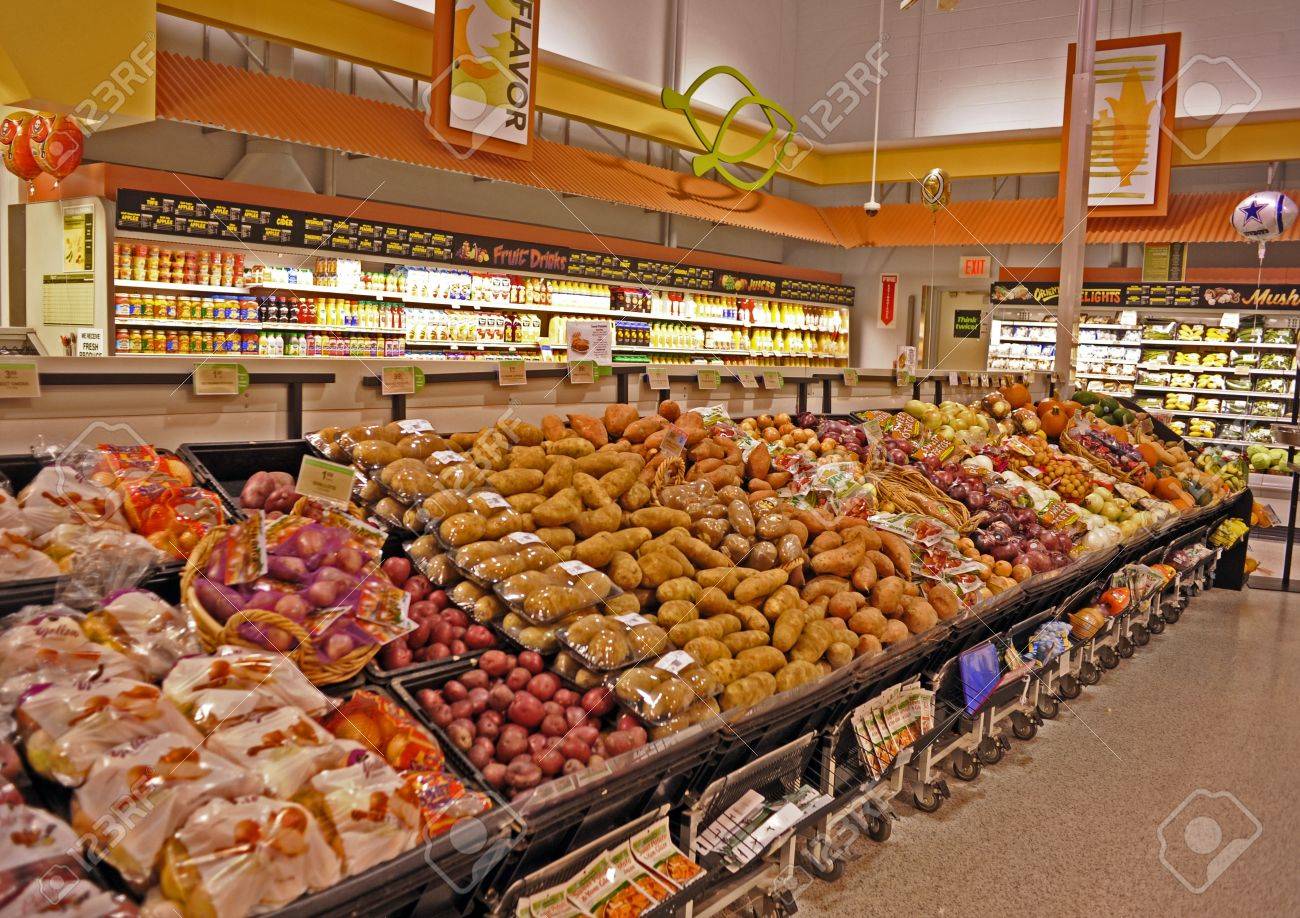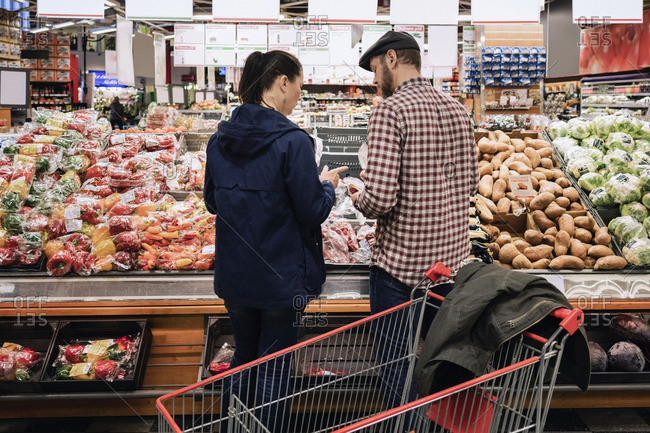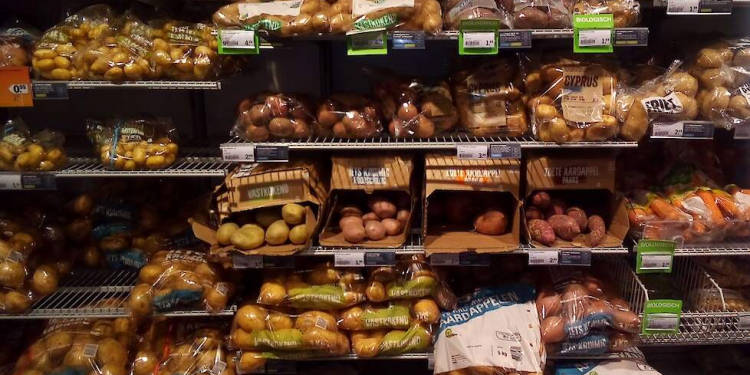Farmers want supermarkets to pay more for their products, social movements are asking supermarkets to do more for animal welfare and biodiversity. But the supermarkets have less power than expected, says CBL director Marc Jansen. “We are not on a big pile of money.”

In recent years, all conversations about the chain have been turned down to revenue models, notes Marc Jansen. The director of the umbrella organization of the Dutch supermarkets, the CBL, sees it as a step back in time. And a step that pollutes the discussion about the chain enormously.
Higher turnover due to corona
The idea that supermarkets are sitting on a large pile of money is not correct, according to Jansen. “The turnover is quite high. Normally around 40 billion euros. And last year, because of corona, even 45 billion. But the vast majority of these are costs: purchasing, personnel, transport, taxes and so on. If you subtract all that, you are left with something like 2 percent. “

The chain concept is becoming increasingly important, says Jansen. An important trend will be the dedicated supply chain: fixed chain relationships, in good Dutch. Supermarkets that make direct agreements with individual farmers. That movement has already started. Shops such as Dekamarkt and Dirk van den Broek have been working for years with certain farming families in the production of meat, fruit and dairy. But lately you have been seeing more movement. And the scale is increasing. Such as Albert Heijn with A-ware, and Plus with Vion’s Good Farming Star.
Read the full interview with Marc Jansen in the Agraaf , Stal & Akker , Vee & Crop and Veldpost






